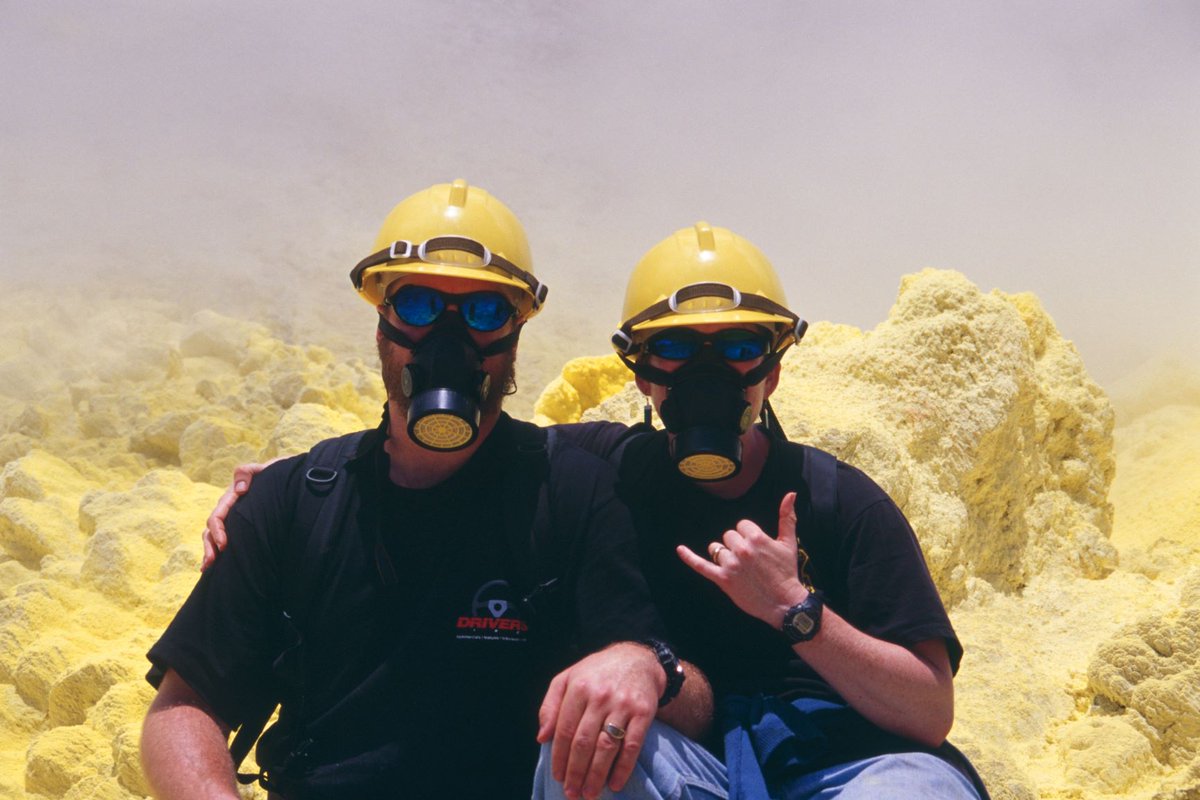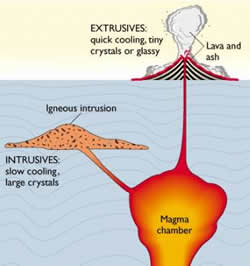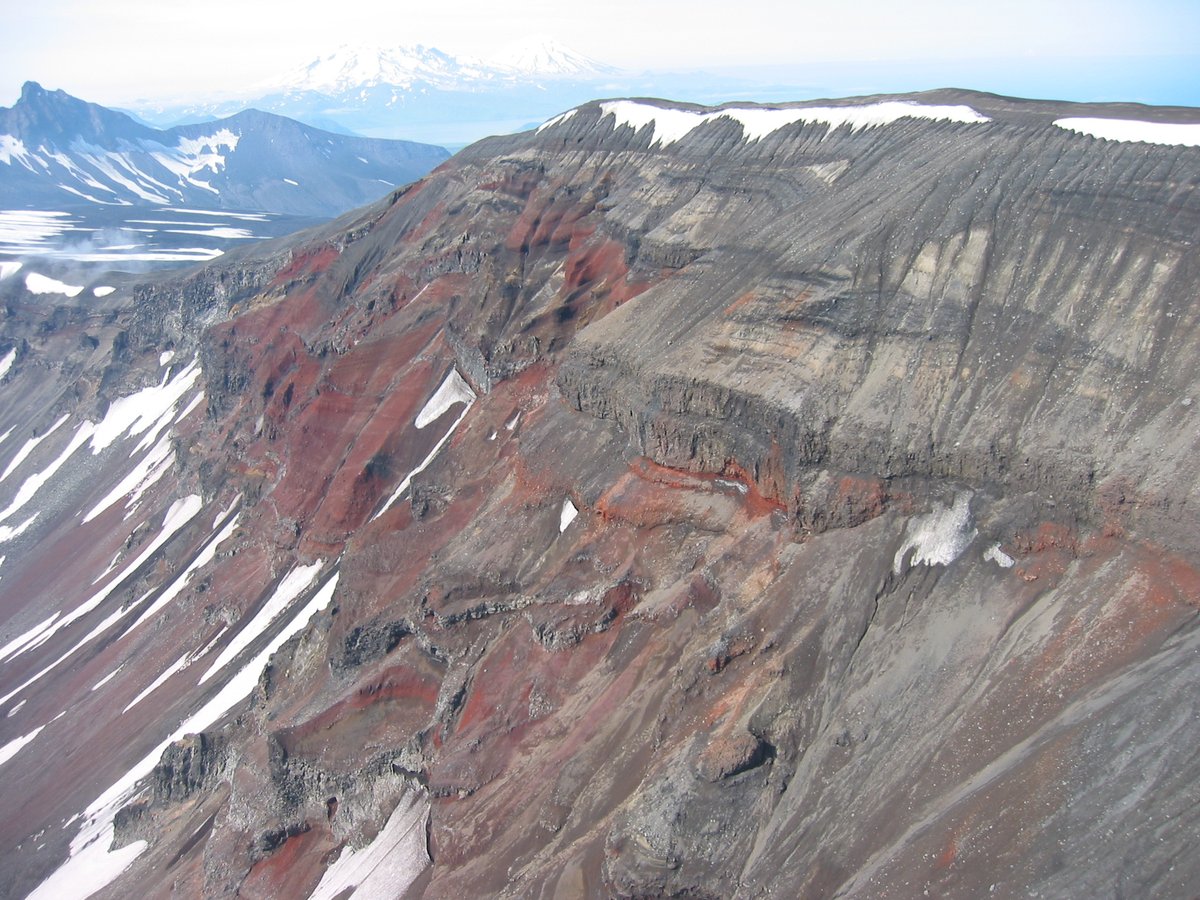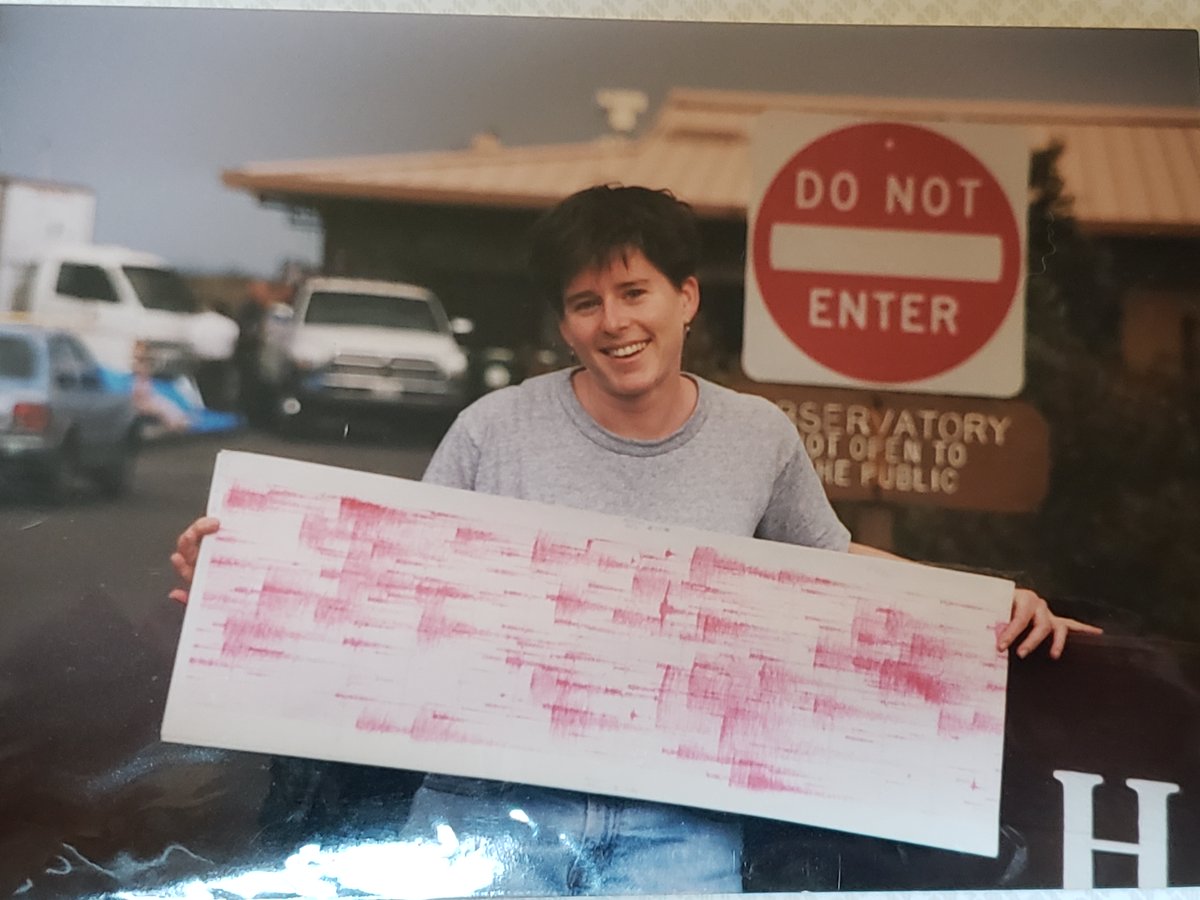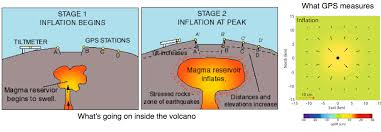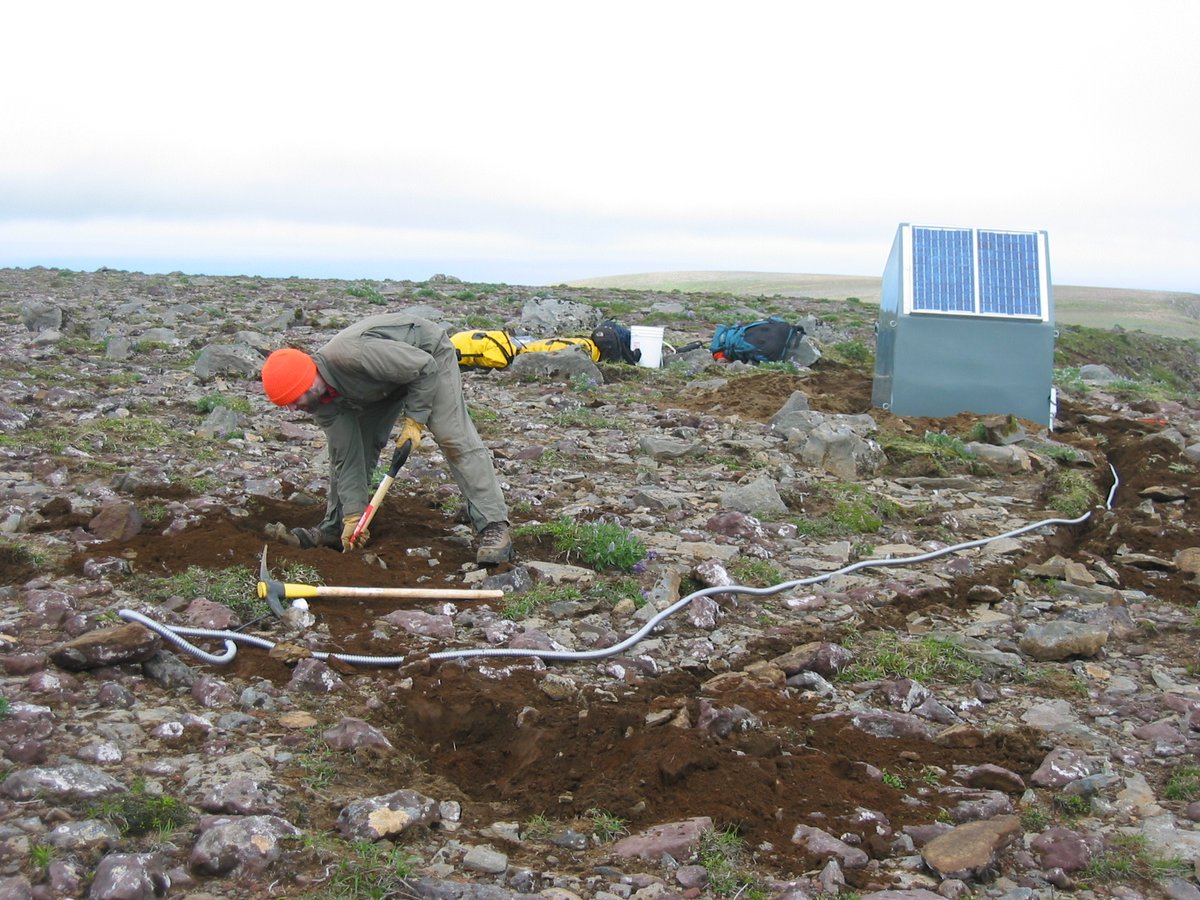I was recently asked what a person should do (academically) if they want to become a volcanologist. Rather than bury it in a longer thread, I thought I'd tackle it here. 1/n
For this thread, I'm assuming that we're talking about someone just starting college. There's one piece of high school advice: take lots of math and science.
Sometimes geology is perceived as a "math-lite" science, which is incorrect. You can do geology without doing lots of math every day, but a solid background in math is required to understand it all.
First things first: what does it mean to be a volcanologist?
Turns out that's not a straightforward question.
Turns out that's not a straightforward question.
Volcanologists are, of course, people who study volcanoes. But there are lots of ways to study volcanoes, and each requires a somewhat different background. But that's cool because it also gives you lots of options.
Some people study the actually volcanic rocks. These may be geochemists who investigate the origins of the rocks (how deep did the magma form? how long was it hanging out in the magma chamber?)
Some of the people who study rocks look at volcanic landscapes--how large the ash deposits were, how much gas was in the magma, how far the lava flowed. These can inform us about hazards, and about the dynamics of eruptions.
Other volcanologists study gas chemistry--this also helps us understand how the volcano may erupt, and what its magma is like.
Some volcanologists, myself included, look at volcanoes through a lens of physics. I study volcanic earthquakes--the little quakes that occur when magma cracks through the volcano on its way to the surface, or when gases flow through the ground.
Others look at how the volcano deforms when magma rises within it...these are called "geodesists" and they may use GPS or satellite data to look at deformation.
Anyhow, all of this is to say that you can be a volcanogist who studies physics, you can be a volcanologist who studies chemistry, and you can be a volcanologist who studies geology.
If you like one of these types of science, you can do it on a volcano.
If you like one of these types of science, you can do it on a volcano.
Importantly, there are also volcanologists who specialize in science communication. This is a critical part of the discipline because so much of working with hazards is working with communities at risk. #SciComm
A degree in geology is a great path for most of these jobs. But if you're going to do geophysics (seismology, etc)., make sure you've got a lot of math and physics.
In fact, take lots of math, regardless. There's never too much math.
In fact, take lots of math, regardless. There's never too much math.
Good writing matters (we write a lot of research papers, and we communicate with the public). Teamwork matters a LOT...hazards work requires collaboration.
Many volcanolgists spend time in the field, collecting rocks, measuring outcrops, installing instruments.
But most volcanology (maybe most science, in fact), is done in the lab, or in front of a computer. So make sure you're okay with that part of the job.
Most volcanologists have graduate degrees; at least a master's often a Ph.D. It's pretty rare to work as a volcanologist with only an undergraduate degree.
One more really important thing: there are no jobs that are just "volcano monitoring". If you work at a volcano observatory that monitors active volcanoes, you are likely also doing volcanic research. That's how most of your time will be spent.
So if you're passionate about the idea of volcano monitoring, make sure you're passionate about the volcanoes themselves, because most of your job will *not* be responding to eruptions--it will be learning about the volcanoes so that we can anticipate their behavior.
Throw down your questions here--I'll see what I can do to answer them. And for my other volcanologist friends, please add your thoughts as well! Goodness knows others know more than I about much of this.

 Read on Twitter
Read on Twitter
